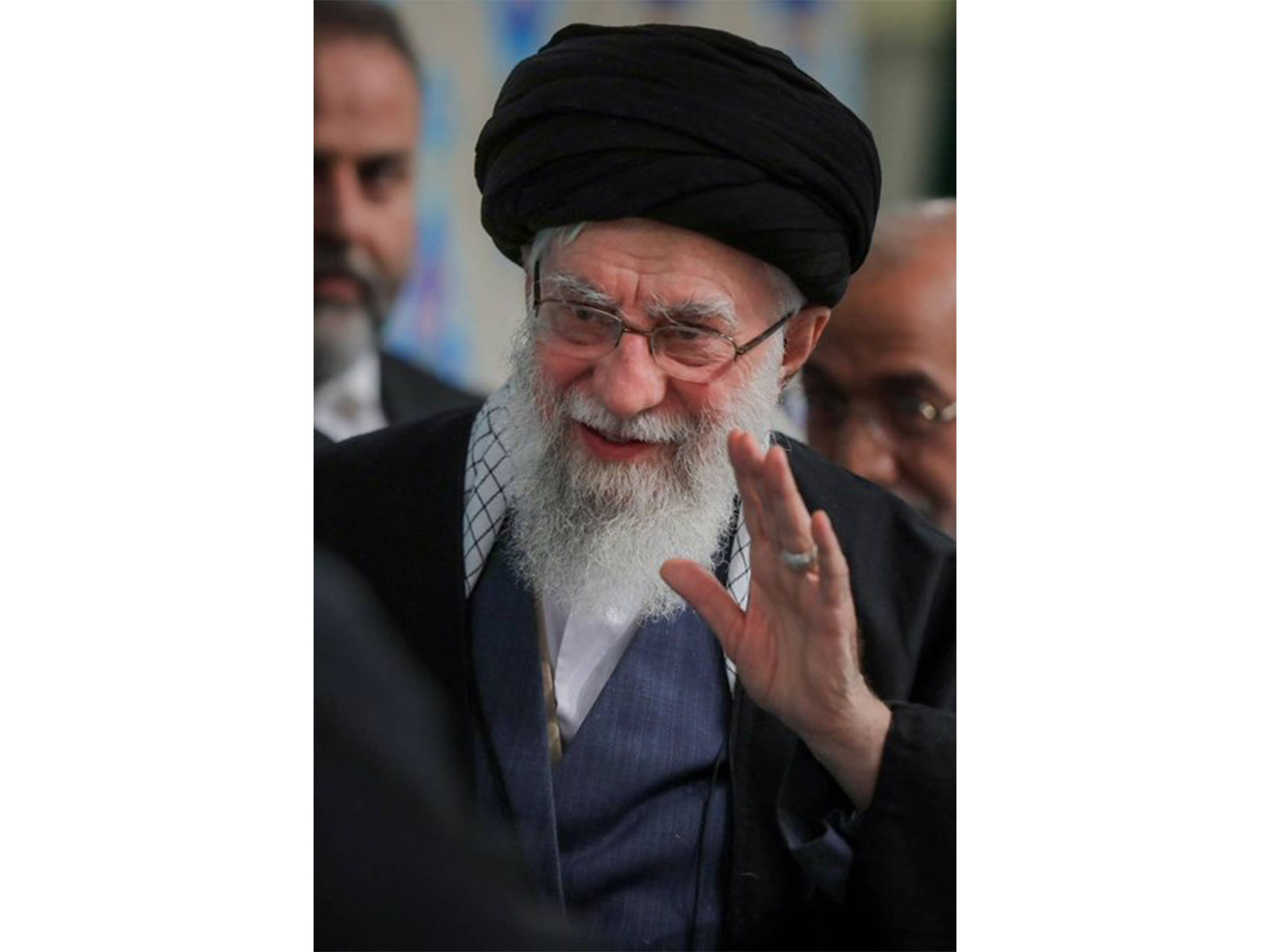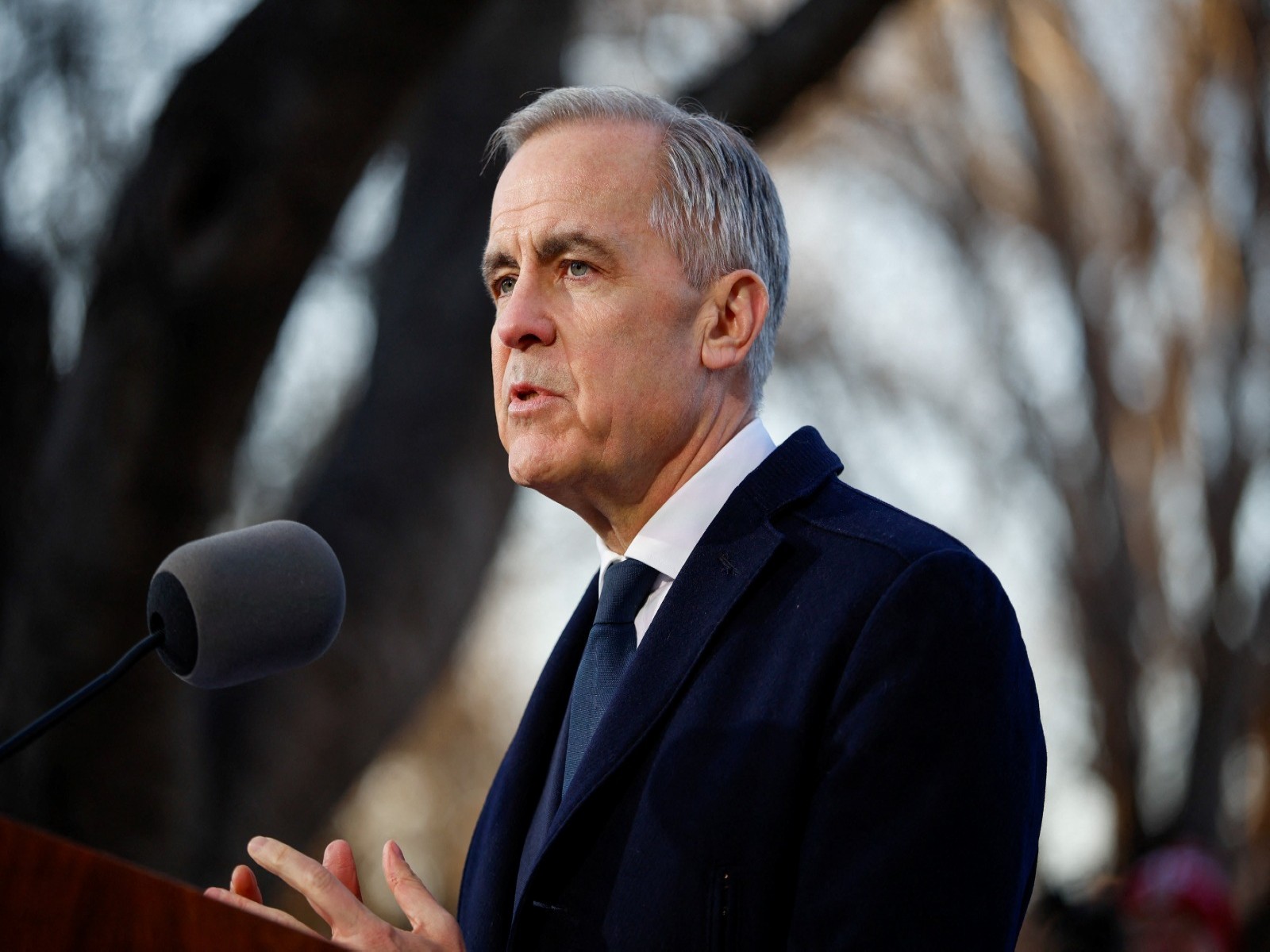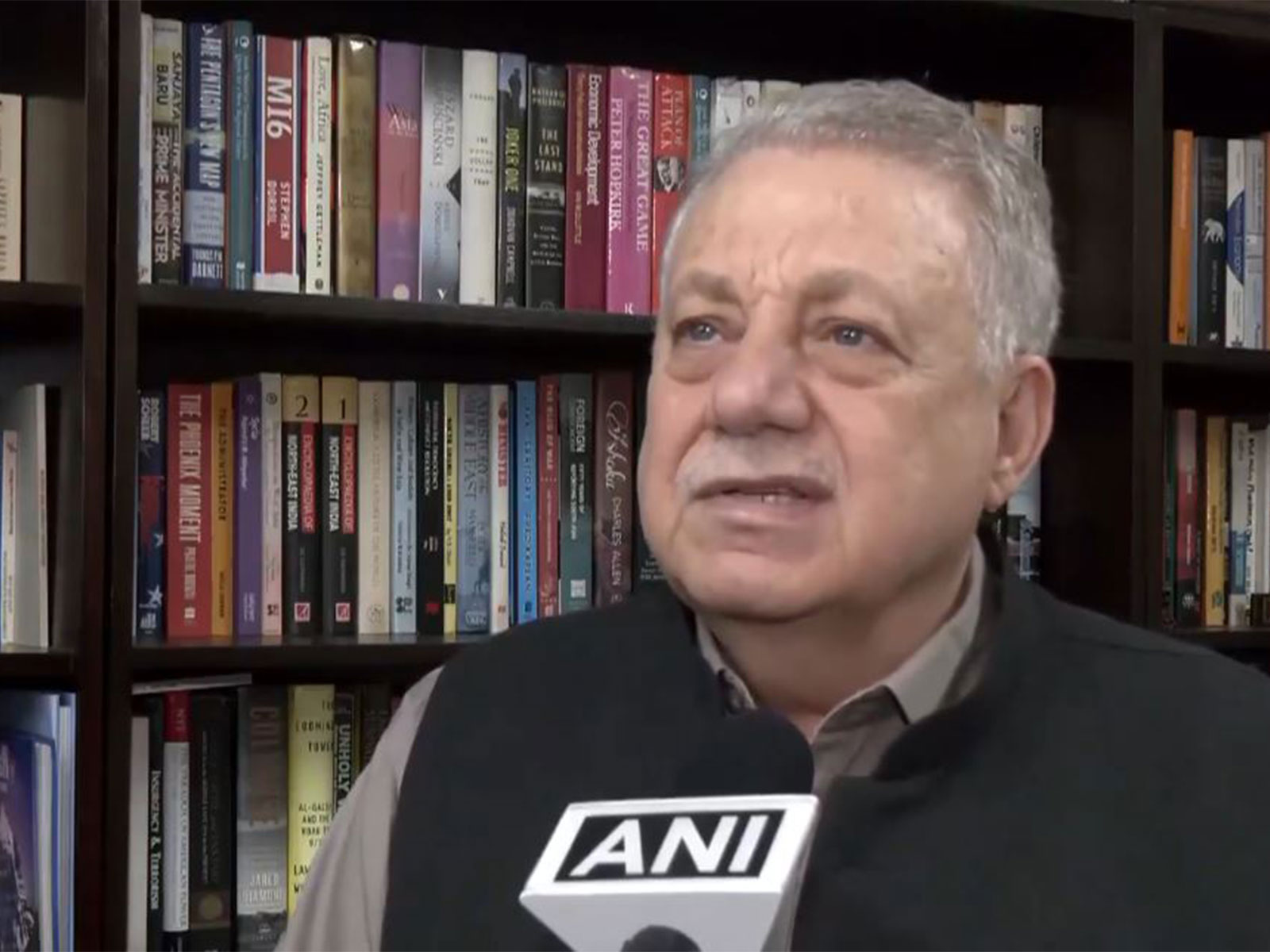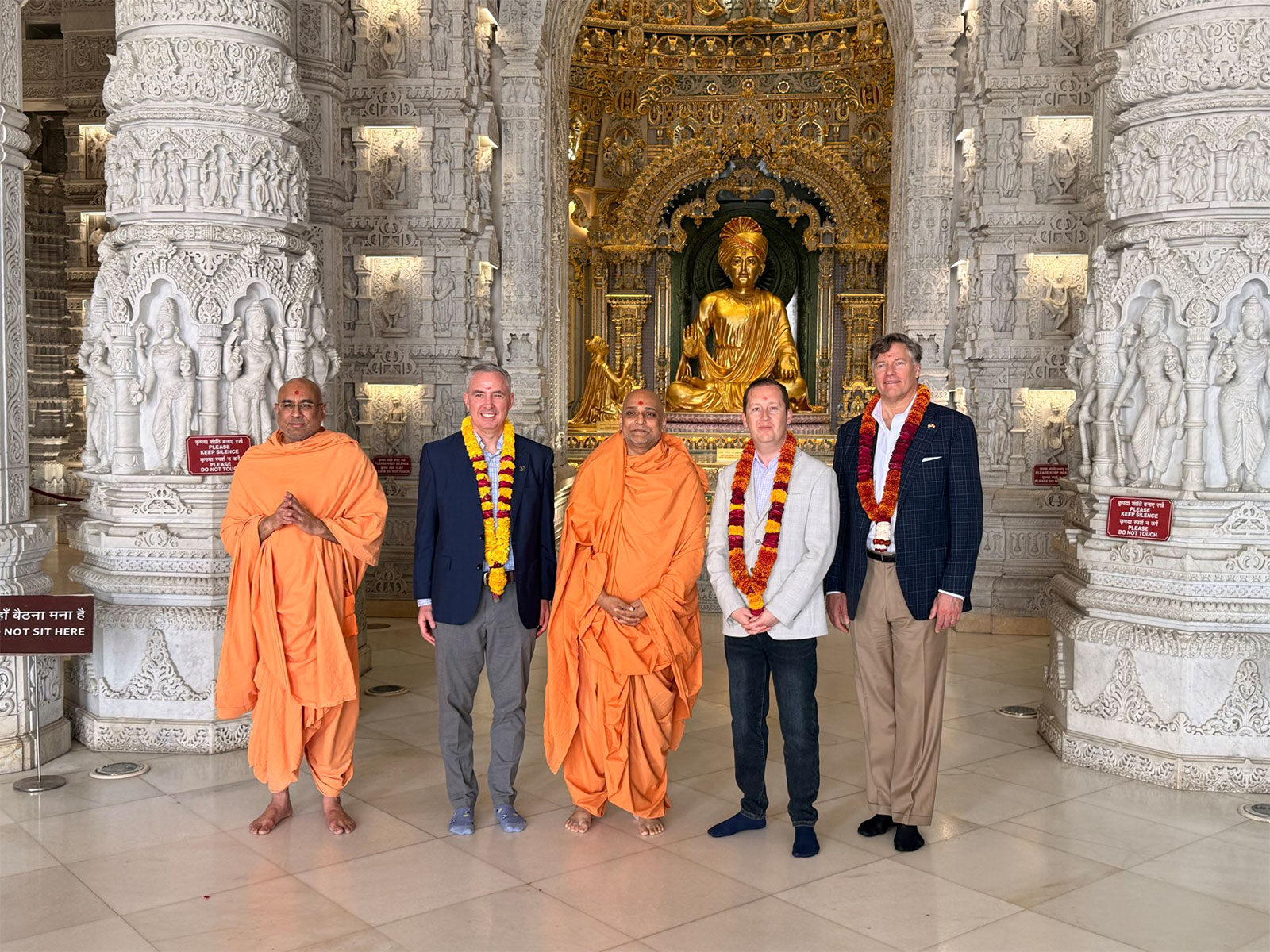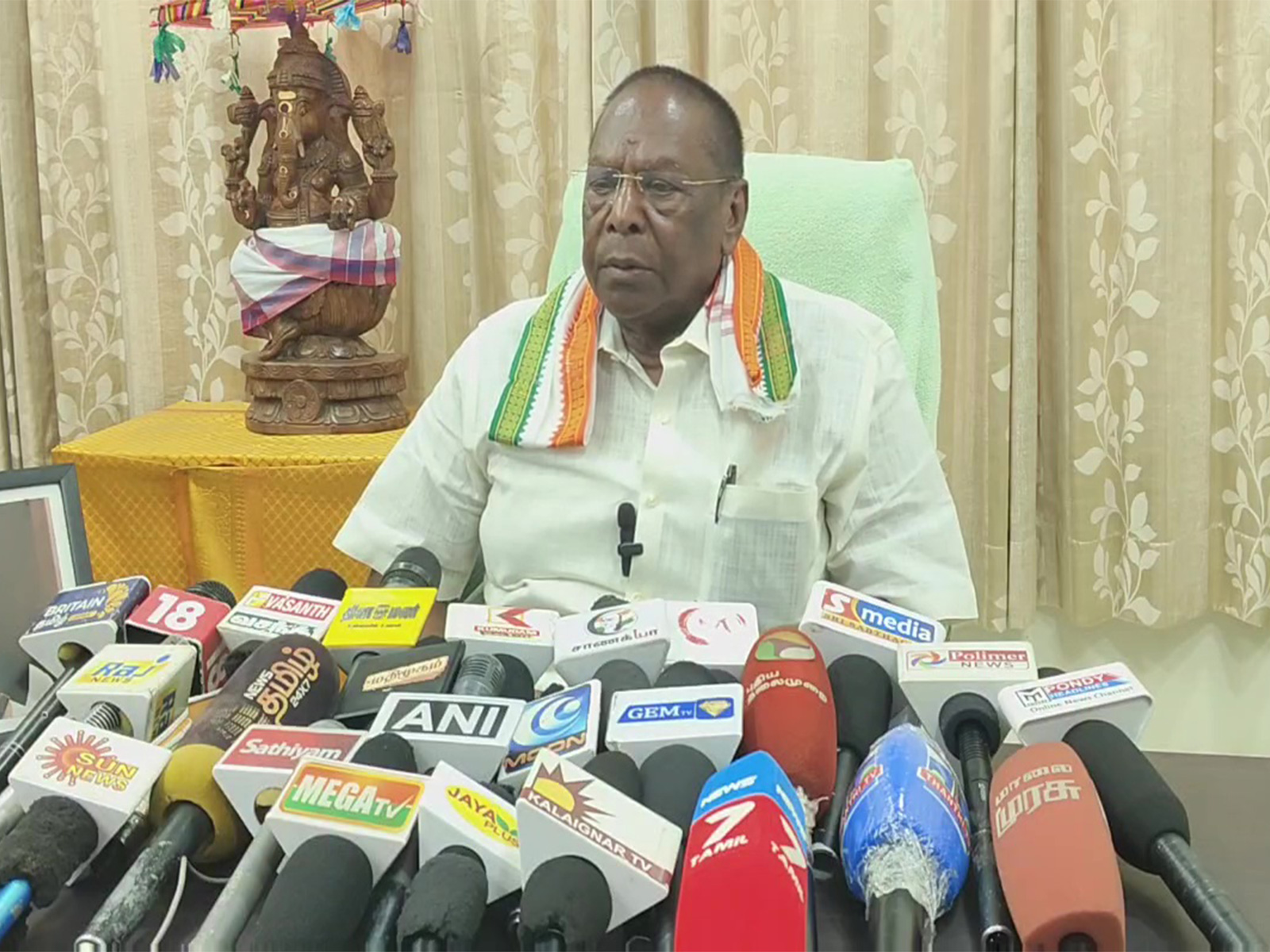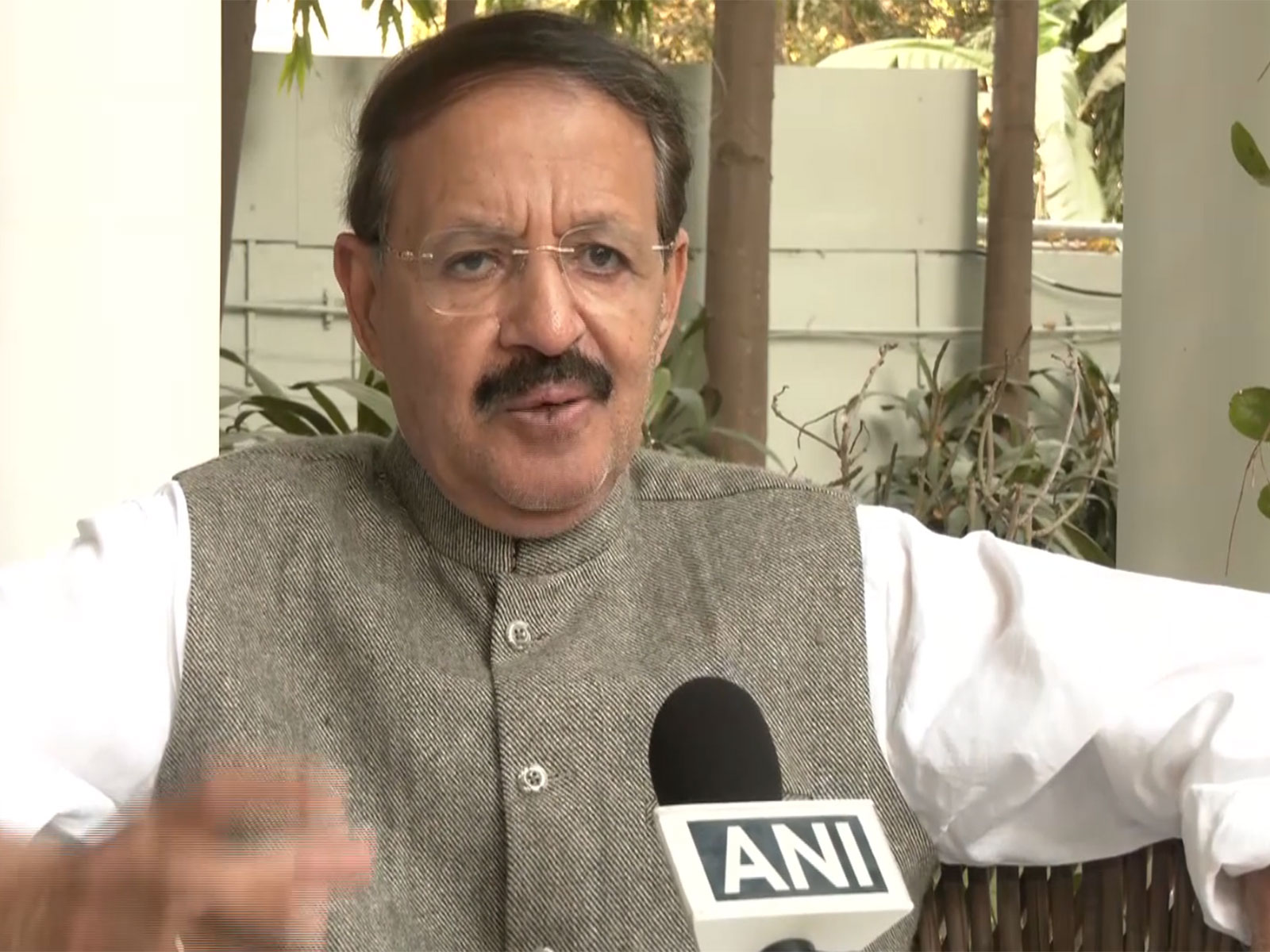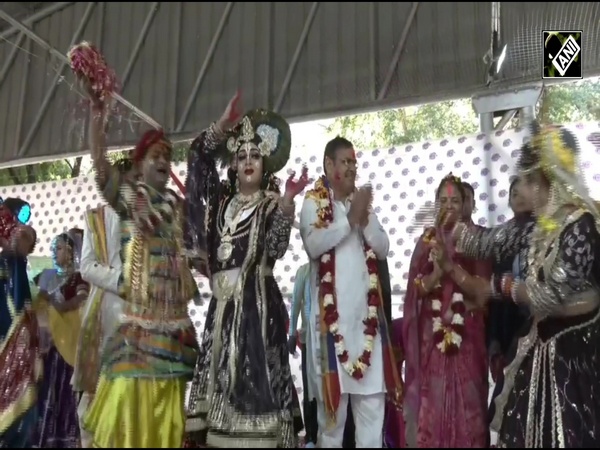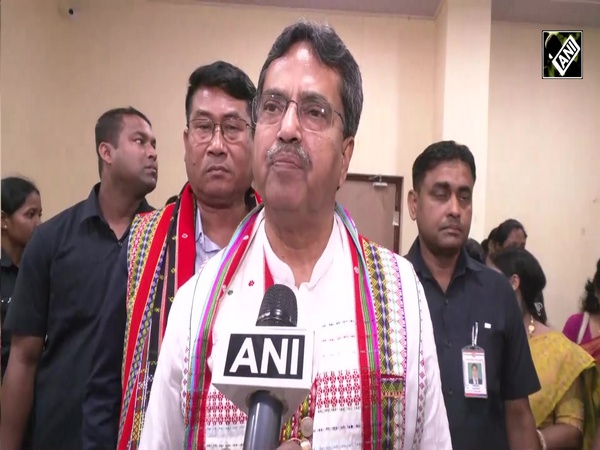MQM leader Altaf Hussain slams Pakistan's Supreme Court, calls country 'De Facto Monarchy'
Jul 02, 2025

London [UK] July 2 : Muttahida Qaumi Movement (MQM) leader Altaf Hussain accused Pakistan's Supreme Court of destroying the constitutional structure of the state, claiming that the nation has devolved into a de facto monarchy dominated by a single authority, during his 278th session on TikTok.
About the Supreme Court's decision on June 27, 2025, Hussain criticised the constitutional bench as a "kangaroo court" and claimed that its ruling has not only undermined the principles of justice, law, and democracy but has also dealt a fatal blow to the Islamic Republic itself. He stated that Pakistan no longer operates as a republic, but rather as a "Kingdom of Pakistan" where autocratic edicts have replaced the rule of law.
He asserted that the country's institutions, including the government, judiciary, and administrative apparatus, function not under the constitution's authority but under the control of a monarch-like figure, reducing the populace to a state of servitude.
Moreover, he charged political and religious parties, media figures, and journalists who endorse this status quo as complicit in the betrayal of democracy, labelling them as enemies of justice and the people's will.
Addressing the unfortunate situation of the Urdu-speaking Mohajir community, Hussain conveyed deep disappointment over their ongoing marginalisation. He emphasised that Mohajirs were instrumental in the establishment of Pakistan, sacrificing their lives and legacy, yet today they are regarded as foreign elements in the nation they helped create.
He stated that Mohajirs are deprived of essential civil rights and are systematically relegated to a status of second or third-class citizenship. Hussain criticised the narrative perpetuated by Sindhi nationalists who assert exclusive ownership over Sindh and deny the legitimate existence of Muhajirs.
He questioned their understanding of Sindh's historical context and argued that there had never been an independent Muslim governance in Sindh before the establishment of Pakistan. He urged both communities to engage in conversation, cautioning that the long-standing 60/40 quota system is no longer tenable and unsustainable in today's context.
He condemned what he termed discriminatory policies disguised in cultural motifs, such as the compulsory use of vehicle registration plates featuring the Ajrak design, enforced under threat of penalties.
While he expressed his respect for Sindhi culture and traditions, he objected to their use as instruments of ethnic dominance. He asserted that no community should be forced to acquiesce to coercive identity politics or cultural imposition.
He called on Muhajirs to oppose oppression and to rise against systemic discrimination through a peaceful and strategic movement for their right to self-determination. He urged them to overcome silence and feelings of inferiority, asserting their political and national identity with dignity.
He reiterated his determination to resist monarchical rule and vowed to continue opposing the deterioration of democracy, regardless of the potential repercussions.
